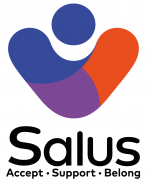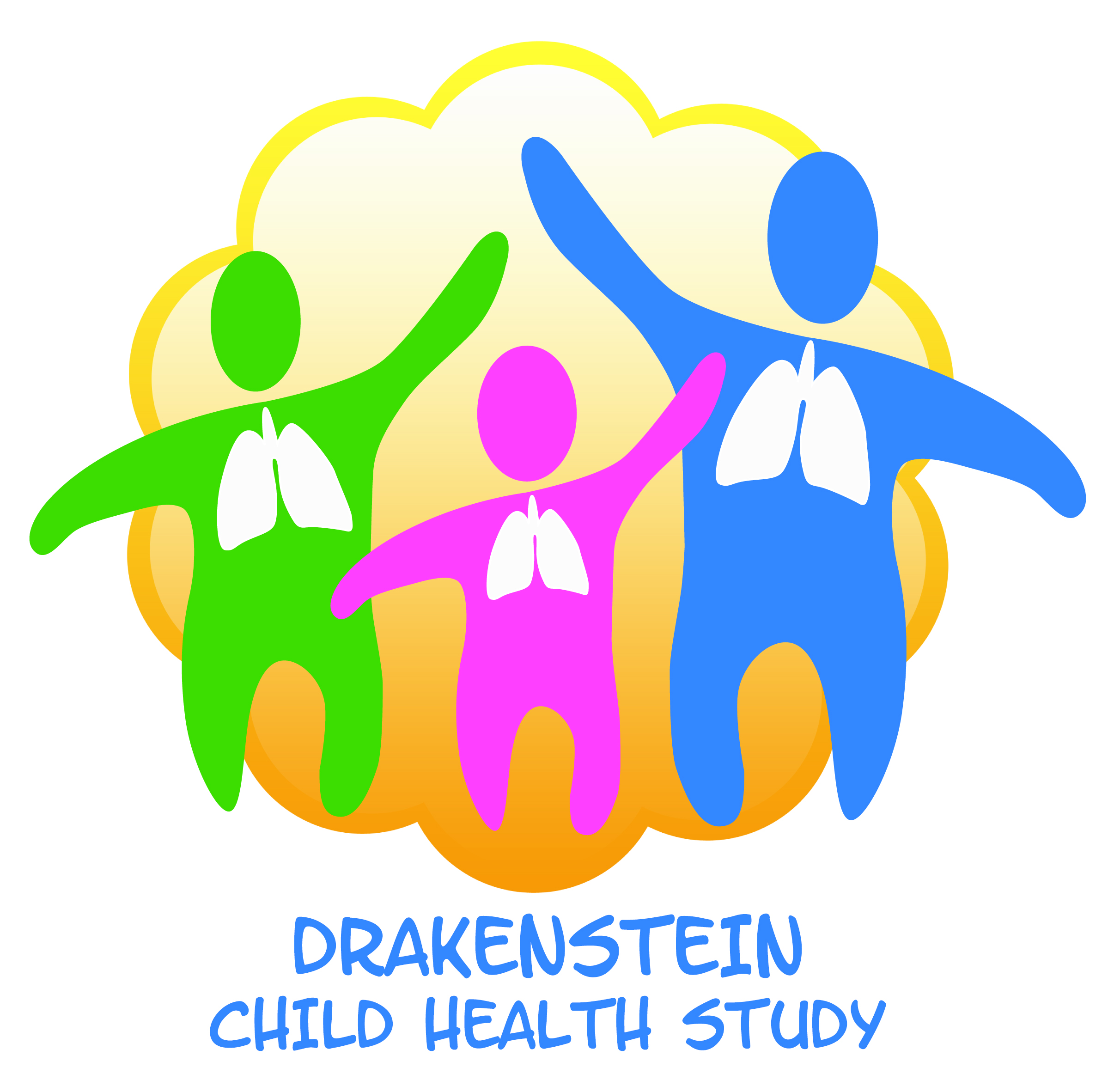"We strive to foster an inclusive culture of public engagement with a view to transforming our research through genuine dialogue with defined local and global communities."
Public engagement involves activities and projects that allow for open communication and create spaces for dialogue between researchers and members of the public. Good quality engagement creates an atmosphere of trust and brings benefits for all involved.
CIDRI-Africa public engagement activities include:
-
a rich programme to stimulate public health knowledge, research and discussions;
-
motivation and support for staff and students to engage with the public; and
-
genuine dialogue through which we will transform our research and learning.
In 2019, CIDRI-Africa encouraged relationships between researchers and the public through awarding Public Engagement Seed Awards to five Centre Investigators. The following investigators were awarded grants to build capacity within their teams, and to engage with communities and develop partnerships outside of trial/study requirements.

Young people are more likely to internalise health messaging if it comes from their peers; this is critical for behaviour change in TB and related health issues. Under the "Let's Talk About TB" project, SATVI trains an existing network of adolescent peer educators at secondary schools in the Cape Winelands region on various aspects of TB and related diseases. The project creates opportunities for them to share their knowledge with their peers and the broader community. Peer educators produce a youth newsletter and participate in a 15 minute video programme which positions them as TB ambassadors in their communities and amongst their peers.

The SALUS project is an evidenced-based engagement pilot that explores how communication strategies can effectively engage young people with biomedical science related to HIV treatment. The outcome of the research was the development of a new approach to communication and engagement that addresses two key challenges that exist within the marginalised communities of South Africa. Currently, there remains a dearth of HIV knowledge among community members, resulting in confusion about both the nature of the disease and treatment.
The SALUS approach to public engagement addresses these challenges by locating engagement in the communicative cultural dynamics that frame communication within the South African context. These comprise two factors, Ubuntu (belonging) and the oral tradition of storytelling.
SALUS EASTERN CAPE from Warren Hickson on Vimeo.
Clinical trials conducted at the laboratory-clinic-community interface help to engage research participants with biomedical researchers. The "Women in STEM" project extends this interaction to include the children of research participants. Interactions with many positive female role-models help eliminate gender stereotypes and ultimately inspire more young women to reach their potential for a career in STEM disciplines.
This project provides an after-school homework and tutoring space at CIDRI-Africa's clinical research site in Khayelitsha, building on existing relationships with the community. The project partners with Outliers, a support network of 120 after-school programmes across the City of Cape Town, and the Centre of Science and Technology in Khayelitsha, to demonstrate a pipeline of development in STEM.

The core Eh!Woza project intensively engages a small group of high-school learners in Khayelitsha in an annual workshop programme. During this time 12–15 learners self-produce documentaries primarily focused on TB, but also intersecting issues of HIV, poverty, violence and service delivery. These films form the basis of the Eh!Woza Schools Programme. At monthly workshops, learners who have produced films present their documentaries to an audience of their peers, followed by Q&A sessions. Afterwards, volunteers give a short presentation on the biomedicine of TB, current CIDRI-Africa research, and related career advice. Some of the screenings are attended by guest speakers featured in the films, and poets and musicians who draw on TB and social justice themes.

The Drakenstein Child Health Study (DCHS) is a birth cohort focusing on early life determinants of childhood illness and long-term child health and development in a low-income community near Cape Town, South Africa.
The study tracks 1000 mother-child pairs, antenatally, through birth and childhood, with comprehensive collection of early life exposures (infectious, nutritional, environmental, genetic, psychosocial, sociodemographic, microbiome, microbiological, immunological).
The DCHS has worked in the community for 7 years and through its ongoing community engagement found high rates of neurocognitive delay in study children. Through collaboration with NGOs Biblionef, Val de Vie Foundation and Breadline, and the local school Langabuya Primary School, which many of the study children attend, a literacy programme was proposed as part of the engagement activity in the area.
The programme identified that school children would not easily access, respond to and appreciate health information without the basic cognitive skills. The project aimed to improve health literacy and health research literacy by approaching the literacy non-profit Help2Read, training staff at the library, and having oversight of the library to ensure its use. Over 1000 school-going children regularly use and access the library.
